Author: Dr. Abu Ameenah Bilal Philips
Publisher: International Islamic Publishing House
Pages: 345
Binding: Softcover
ISBN: 9960-9533-4-3
About the Book: Literally translated “The Fundamental Principles of Qur’aanic Interpretation,” this book refers to the branches of knowledge which are necessary to provide an accurate interpretation of the Qur’aanic texts, such as Arabic grammar and syntax, Arabic literature and Qur’aanic sciences (‘uloom al-Qur’aan). Addressed topics include the Tafseer of the Qur’an, books of tafseer, translations of the Qur’an, Wahy (‘divine revelation’), reasons for revelation, the differences between Makkan and Madeenan revelations, Naskh, the Muhkam and Mutashaabih, and more.
About the Author: Dr Abu Ameenah Bilal Philips is a Jamaican Canadian Islamic Scholar born on the 17th of July 1947 who converted to Islam in the early seventies after journeying politically and intellectually from Christianity to Communism. Shortly after his reversion to Islam, he embarked on a spiritual academic journey to the other side of the world seeking Islamic knowledge. This journey took him to Saudi Arabia where he completed a BA in Islamic studies in Madeenah, and an MA in Islamic Theology in Riyadh, then to the University of Wales, UK, where he completed a PhD in Islamic Theology in the early nineties.
After graduation from Madeenah, Dr Bilal became a teacher of Islamic studies for 10 years in an Islamic High School, Manaret Riyadh, and a lecturer of Arabic and Islamic studies in the American University in Dubai, UAE, for another 10 years. During his 10 years in the UAE, he founded and taught at the Islamic Information Center in Dubai, and during his subsequent 7 years in Qatar he has been an Islamic consultant and lecturer for the Islamic Information wing of Sh. Eed Charity.
Dr. Bilal Philips has written, translated and commented on over 50 published books on various Islamic topics. He has also edited and published the 56 book Eemaan Reading Series for children and presented Islamic programs for a number of years on Riyadh Channel 2TV, Sharjah TV for ten years, as well as Peace TV, Huda TV, Islam Channel, UK, and the Deen Show, Chicago, USA.
In 2002, Dr. Philips founded and headed the Islamic Studies department of Preston University, Ajman, UAE, and in 2007 he founded and headed the Islamic Studies Academy, Doha, Qatar, while simultaneously launching the International Open University (IOU), previously known as the Islamic Online University, which offers affordable degree and diploma courses to hundreds of thousands of registered students from over 200 different countries world wide, and for which he was included in the Jordanian publication, The 500 Most Influential Muslims.
Dr. Bilal subsequently founded and headed, in 2008, the English medium Islamic studies department of Knowledge International University, who’s Chancellor is Shaikh Dr. ‘Abdur-Rahman ibn ‘Abdil-Azeez Al Sudais and who’s President of the board of trustees is Shaikh ‘Abdul-Azeez ibn ‘Abdullah Al Shaikh, Mufti of Saudi Arabia. More recently, in 2009, Dr. Bilal Philips founded and headed the College of Da’wah and Islamic Culture (English Section), Omdurman Islamic University, Sudan, and established and directed Preston International College in Chennai, India.
In March 2010, Dr. Abu Ameenah Bilal Philips launched, for the first time in history, an accredited tuition-free BA in Islamic Studies degree course at the International Open University.
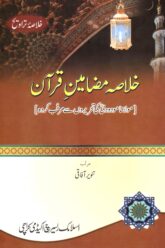 خلاصہ مضامین قرآن - خلاصہ تراویح
1 × 500 PKR
خلاصہ مضامین قرآن - خلاصہ تراویح
1 × 500 PKR 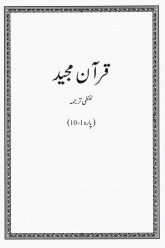 قرآن مجید لفظی ترجمہ - ۳ جلدوں میں مکمل
1 × 3,600 PKR
قرآن مجید لفظی ترجمہ - ۳ جلدوں میں مکمل
1 × 3,600 PKR 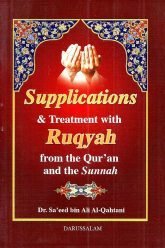 Supplications & Treatment With Ruqyah
2 × 650 PKR
Supplications & Treatment With Ruqyah
2 × 650 PKR 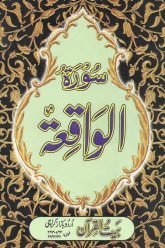 سورة الواقعہ
1 × 40 PKR
سورة الواقعہ
1 × 40 PKR 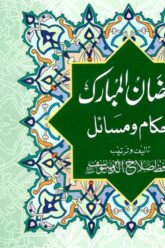 رمضان المبارک احکام و مسائل
1 × 80 PKR
رمضان المبارک احکام و مسائل
1 × 80 PKR 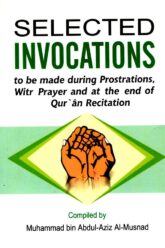 Selected Invocations (Pocket Size)
1 × 350 PKR
Selected Invocations (Pocket Size)
1 × 350 PKR  میرے نبی ﷺ میرے رہنما
1 × 1,295 PKR
میرے نبی ﷺ میرے رہنما
1 × 1,295 PKR 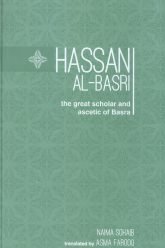 Hassan Al Basri - The Great Scholar and Ascetic of Basra (Muslim Heroes Series)
1 × 100 PKR
Hassan Al Basri - The Great Scholar and Ascetic of Basra (Muslim Heroes Series)
1 × 100 PKR 


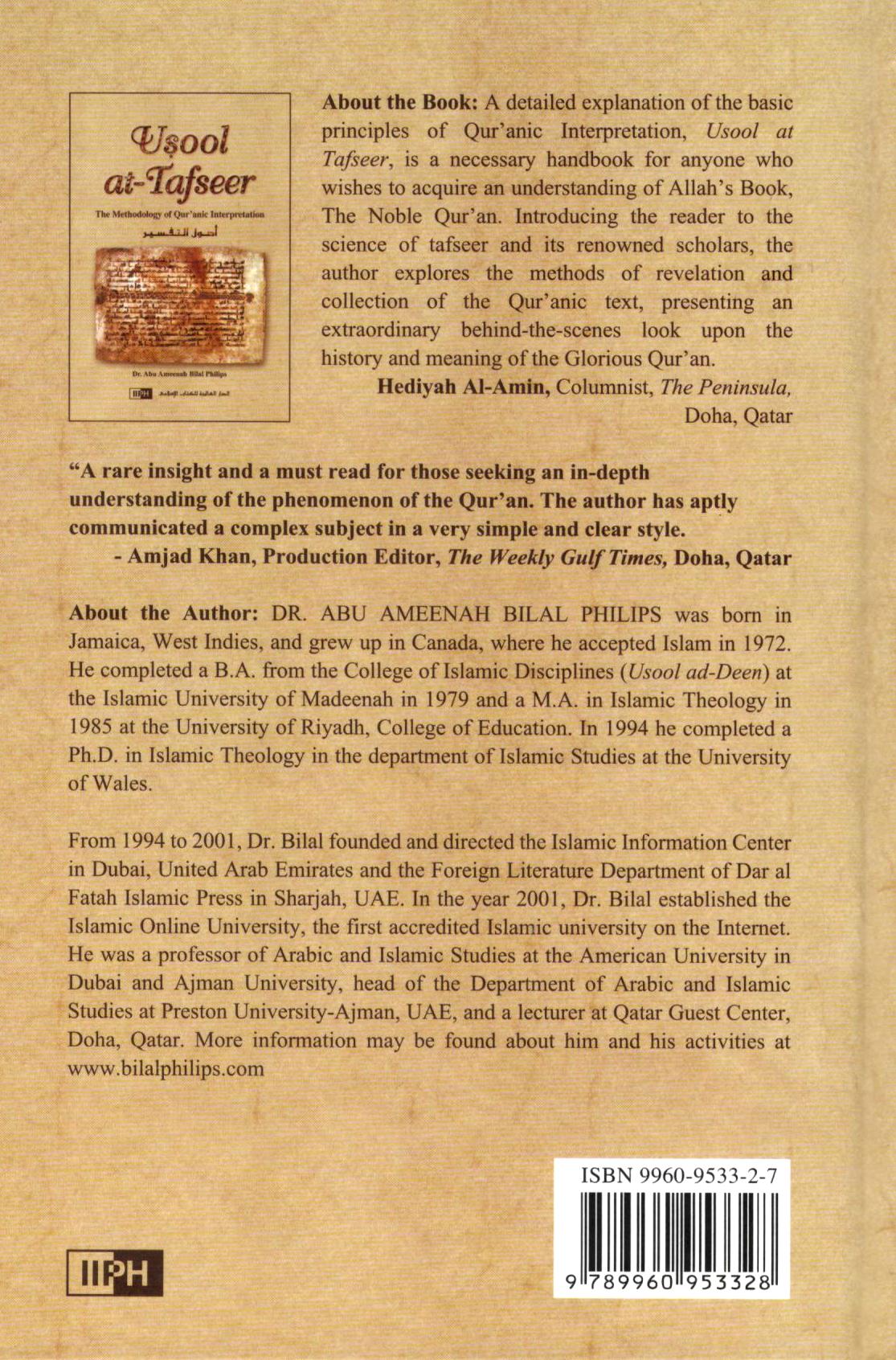
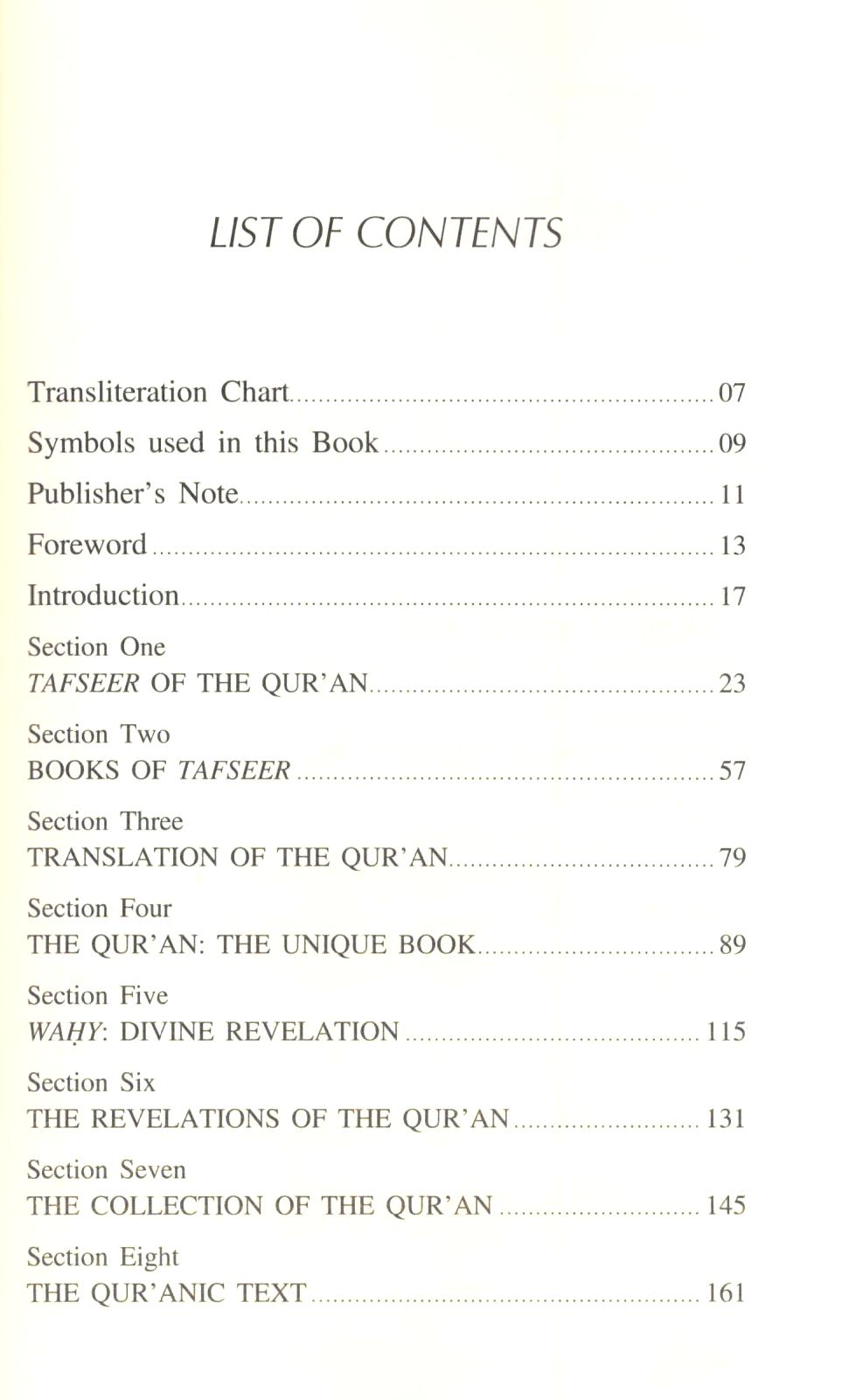

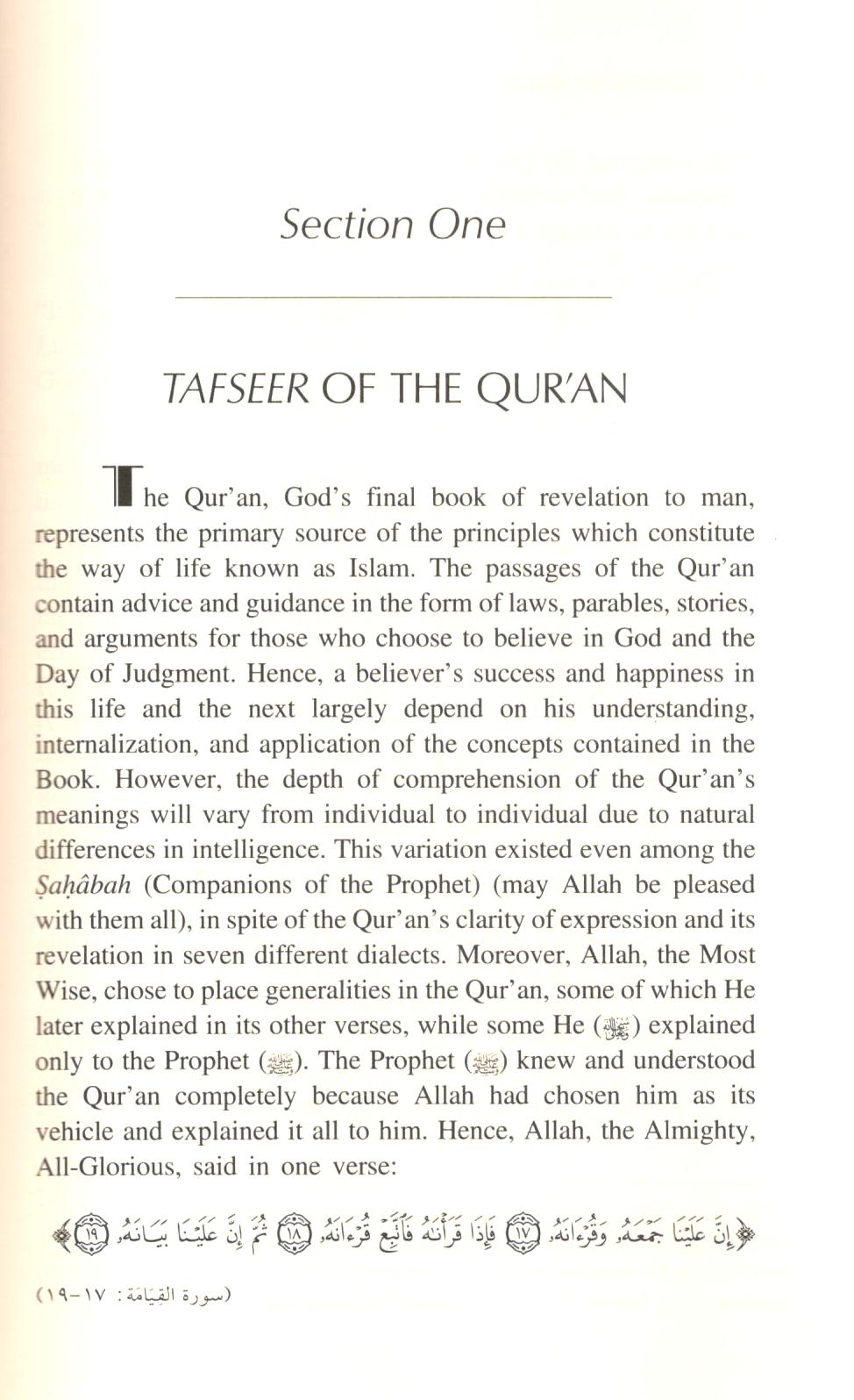
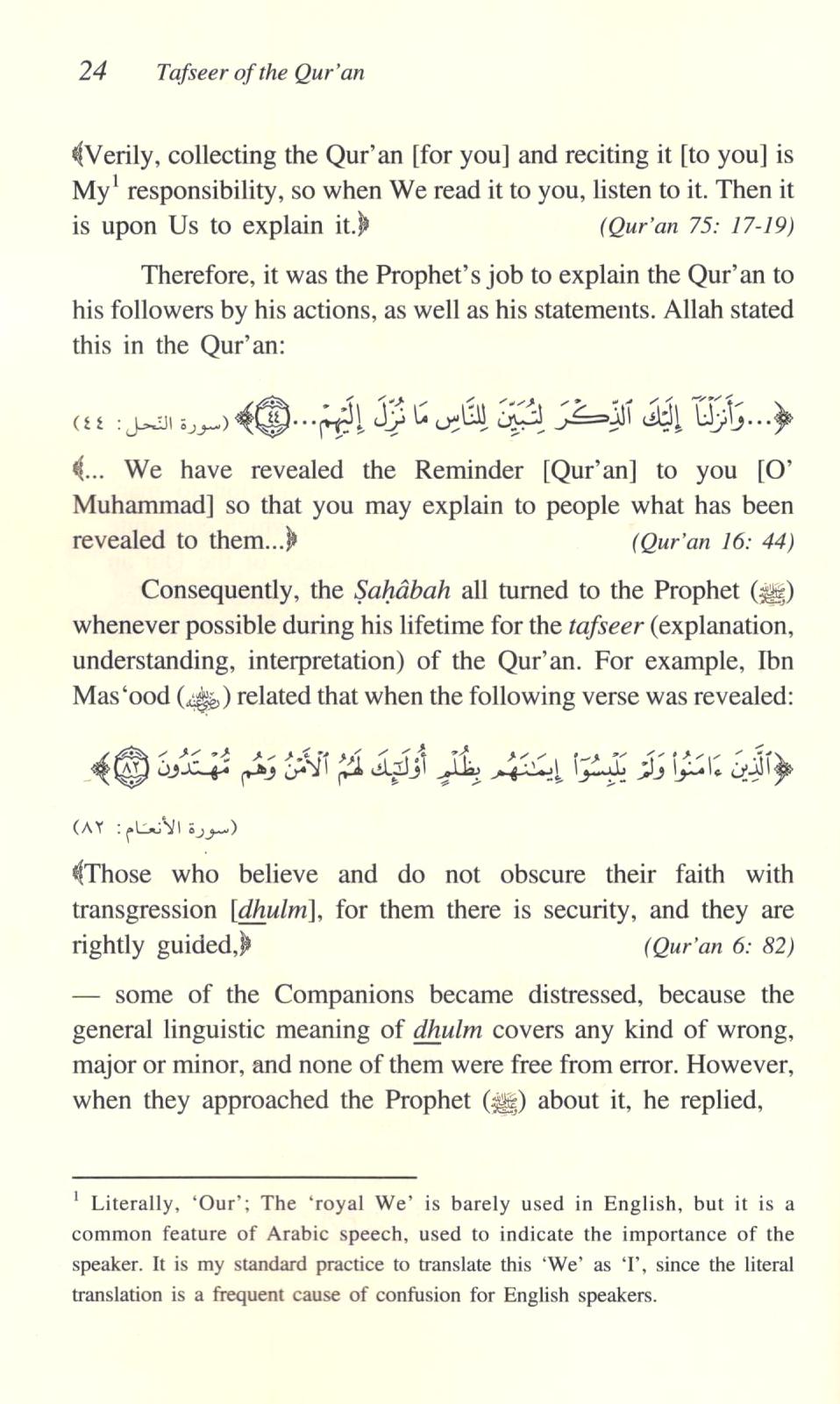
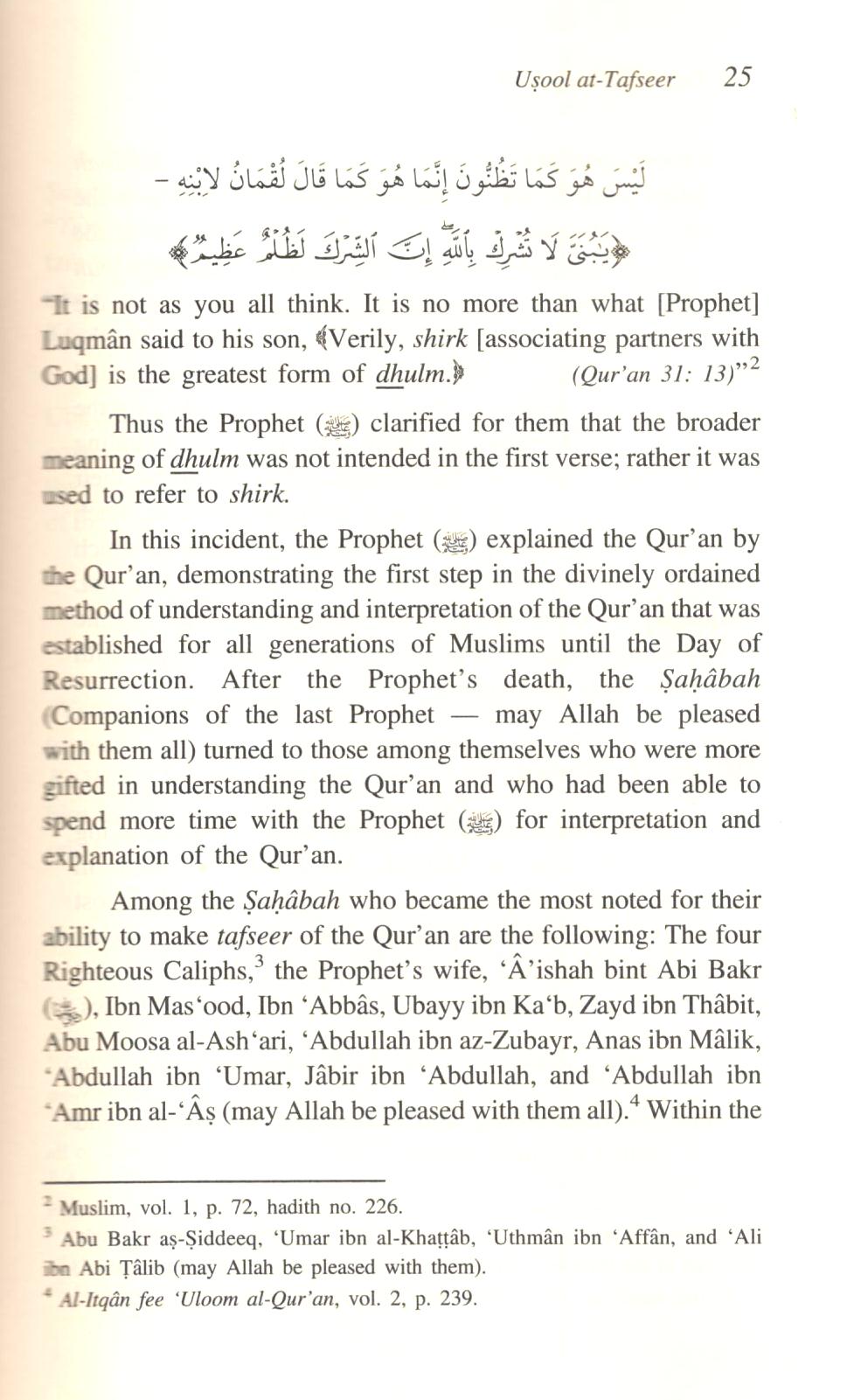
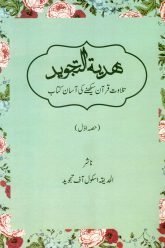
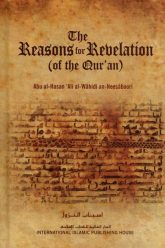
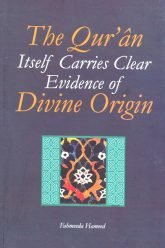
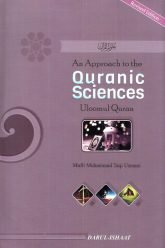
Hina Sami –
The Quran is really a unique book because the more you read it and books about it, the broader your understanding grows. I studied this book Usool ut Tafseer thinking that it was going to be very difficult and tedious but on the contrary, I learned so many new things about the prose and structure of the Quran that I was left amazed. Most fascinating section for me is the various types of Tafseer and the scholars behind them. The discussion on the translation of the Quran and the delicate nature of exegesis really amazed me. It is an academic book for those studying about the language and science of Quran.
Hina Sami –